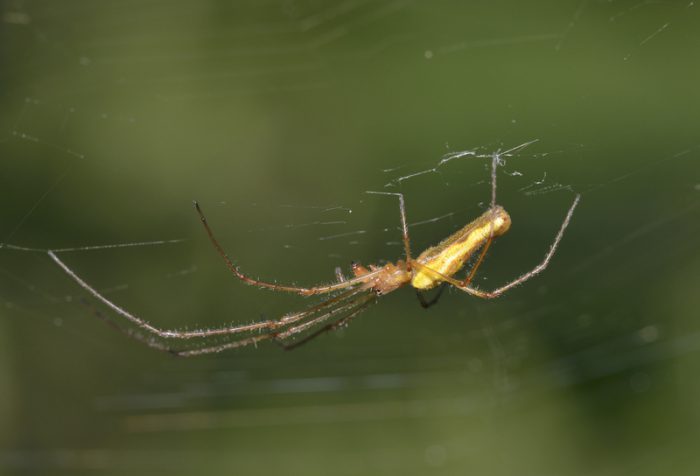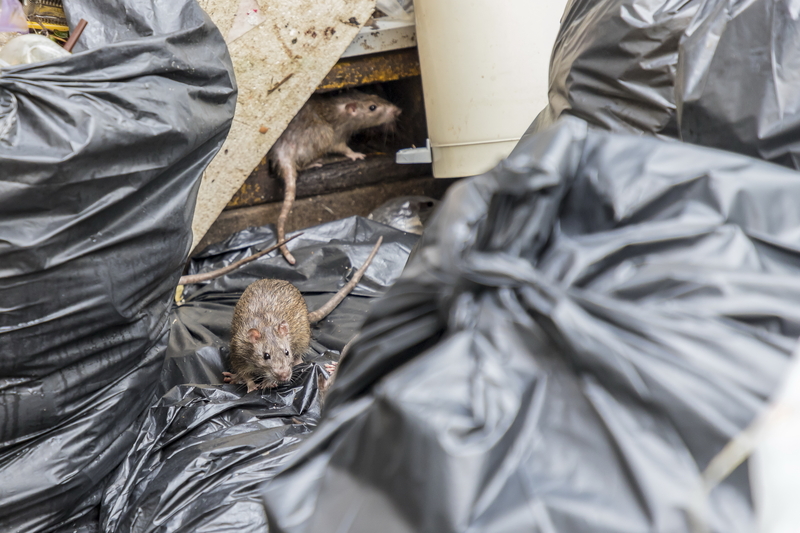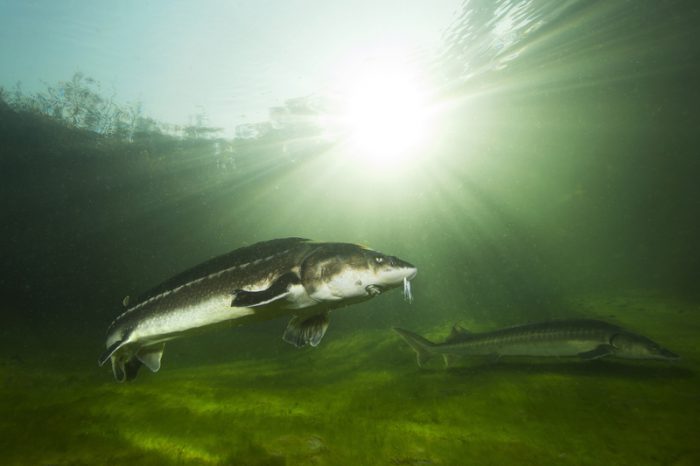Early this summer, we paid a visit to an awesome new exhibit at the Royal Ontario Museum on spiders. (It's on until January 6 if you find yourself in Toronto!) We definitely came away from that exhibit with a new appreciation for our small eight-legged friends.
For all of the fear that these critters get unfairly placed upon them (a.k.a. arachnophobia), spiders are incredible creatures. They're adaptable, sometimes colourful, crafty hunters that rarely threaten human beings. On the contrary, they help us way more often than not. And then there are their webs.
Though not all spiders spin webs, those that do—the weavers—are capable of mind-blowing feats. Even the most simple web is a masterpiece of animal architecture. Then, there's this.
(Getty Embed)
What you're looking at is a beach in Aitoloko, Greece. And yes, that's a giant spiderweb (or webs) that's covering a 300-metre (980-foot) stretch of waterfront. Whoa!
Let's nest for a bit
(Getty Embed)
Now even with our new found love of spiders, this may be a phenomenon that we would rather enjoy from a distance. There must be thousands upon thousands of spiders in there!
And according to experts, that number is only going to grow.
(Getty Embed)
That's because this gathering of Tetragnatha spiders is focused on one thing: Mating. Considering that each of the female spiders here will lay hundreds of eggs ... well, you do the math.
Also known as long-jawed orb weavers, tetragnatha spiders are excellent bug hunters. (Getty Embed)
These spiders often make large nests of webs during their mating season to fertilize and lay the eggs that will make their new generation. But this giant spiderweb nest is really something special. Any reason that it is so large?
Perfect conditions
According to Greek biologist Maria Chatzaki, the recent conditions in this area have been too perfect for the spiders to ignore. It has been humid and warm, which are excellent conditions for mosquitoes, one of the spider's favourite food. Hot sunny days, a fully stocked buffet, and a view by the beach? What's not to like?
Uh, I think we'll wait on that swim, thanks. (Getty Embed)
Eventually, the spiders will move along from here and their webs will naturally degrade and disappear. It'll be like they were never here. But, hey, we'll always have the photos!
If you still didn't get enough giant spiderweb fun with these photos, here's a six-minute long tour of the beach that really shows how far these webs stretch on for. Enjoy!
 What if this critter and around 1000 of its friends had a beach party? Read on... (© Whiskybottle - Dreamstime.com)
What if this critter and around 1000 of its friends had a beach party? Read on... (© Whiskybottle - Dreamstime.com)









